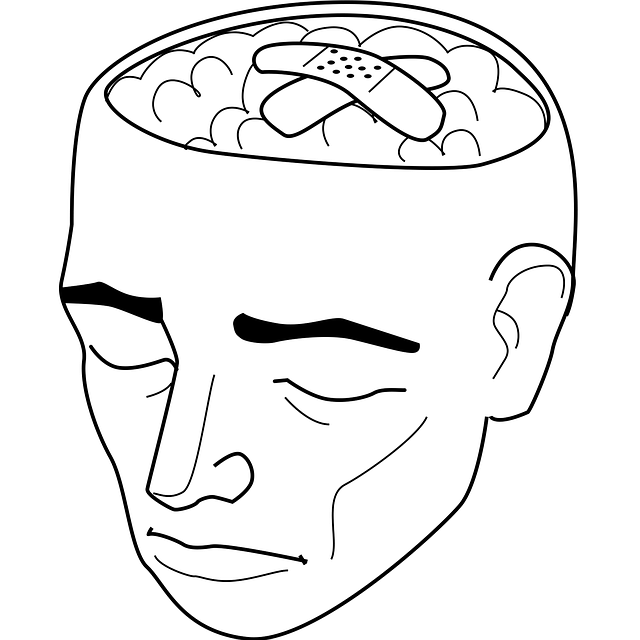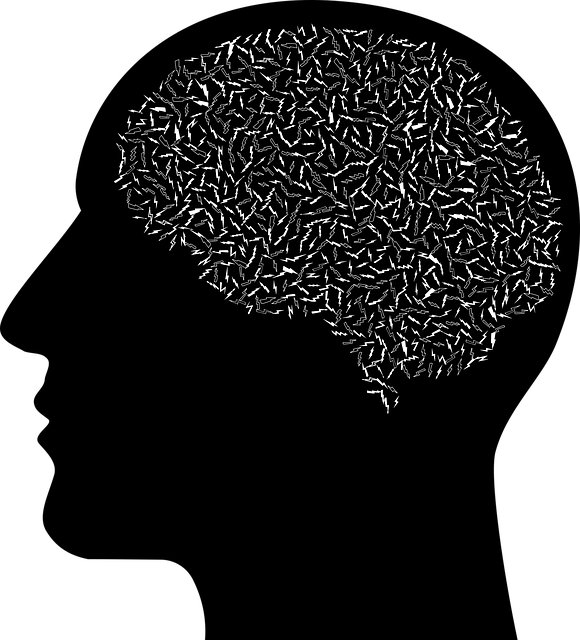The mental health needs of Russian-speaking adolescents require tailored therapy programs addressing cultural and linguistic barriers. Traditional methods may not suffice due to unique challenges like acculturation issues and limited access to native-language resources. Specialized coaching programs focus on emotional regulation, stress management, and building resilience through compassion cultivation, conflict resolution training, and self-care routines. These initiatives, offered in their native language, empower teens with coping strategies while providing professionals with risk assessment tools for culturally competent care. Community partnerships enhance program reach and integrate social skills training to foster peer connections and a supportive network.
Mental wellness coaching programs play a vital role in addressing the unique challenges faced by adolescent teens, especially those from Russian-speaking backgrounds. This article explores the critical need for specialized coaching within this demographic, delving into tailored therapy approaches and their implementation in community settings. We discuss strategies to enhance accessibility, focusing on effective programs designed for Russian-speaking teens, ultimately aiming to improve mental health support and outcomes for this population.
- Understanding Adolescent Mental Health and the Need for Specialized Coaching
- Designing Effective Therapy Programs for Russian-Speaking Teens
- Implementation and Support: Ensuring Accessibility and Success in Community Settings
Understanding Adolescent Mental Health and the Need for Specialized Coaching

The mental health landscape for adolescents is a complex and evolving terrain. Teenagers today face pressures from academic expectations, social media, and peer dynamics that can significantly impact their emotional well-being. Many young individuals struggle with anxiety, depression, stress, and other mental health challenges, often requiring specialized support to navigate these issues effectively.
Given the unique cognitive and socio-emotional development of adolescents, a one-size-fits-all approach to therapy may not be adequate. That’s where Russian speaking mental wellness coaching programs step in as a tailored solution for this demographic. These programs recognize the cultural nuances and specific needs of teenage clients, offering targeted interventions focused on emotional regulation, stress management, and building resilience. By addressing these aspects, coaches aim to empower adolescents with coping strategies that promote mental wellness and help them thrive in their personal and academic lives. Moreover, such initiatives can serve as a valuable risk assessment tool for mental health professionals, ensuring the delivery of culturally competent care.
Designing Effective Therapy Programs for Russian-Speaking Teens

Designing therapy programs tailored to Russian-speaking teens is a specialized task that requires cultural sensitivity and an understanding of adolescent psychology. Many young people from Russian-speaking backgrounds may face unique challenges, such as acculturation issues, family dynamics differences, or limited access to mental health resources in their native language. Effective coaching programs for this demographic should incorporate both universal therapeutic techniques and culturally adapted strategies.
For instance, practices like compassion cultivation can foster a safe and non-judgmental space, encouraging teens to develop self-compassion and empathy. Additionally, teaching conflict resolution techniques can empower adolescents to navigate interpersonal challenges. Equally important is incorporating elements of self-care routine development, ensuring that programs address the holistic aspect of mental wellness. By combining these approaches with professional coaching, Russian-speaking teens can receive the necessary support for their specific needs and cultural contexts.
Implementation and Support: Ensuring Accessibility and Success in Community Settings

Implementing mental wellness coaching programs in community settings requires careful consideration to ensure accessibility and success for all adolescents, including those from Russian-speaking backgrounds. It is crucial to provide tailored support that addresses cultural nuances and language barriers often faced by this demographic. By offering therapy for adolescent teens in their native language, such as Russian-speaking services, coaches can foster a sense of comfort and encourage open communication. This approach has proven effective in building trust and facilitating meaningful interactions, which are essential for the development of coping skills and anxiety relief.
Additionally, community partnerships with local organizations and schools can enhance program reach and impact. Collaborating with cultural centers or Russian-language educational institutions allows for easier access to targeted populations and ensures that coaching materials and strategies align with the unique needs of these adolescents. Integrating social skills training within the coaching curriculum further empowers teens by teaching them valuable interaction techniques, promoting peer connections, and fostering a supportive network—all crucial elements for successful mental wellness in community settings.
Mental wellness coaching programs tailored for adolescent teens, especially those from Russian-speaking backgrounds, are vital tools in addressing the unique challenges they face. By combining cultural sensitivity with evidence-based practices, as illustrated by effective therapy programs designed for this demographic, we can significantly enhance accessibility and success in community settings. This approach ensures that Russian-speaking teens receive the specialized support they need to navigate their mental health journeys successfully.













